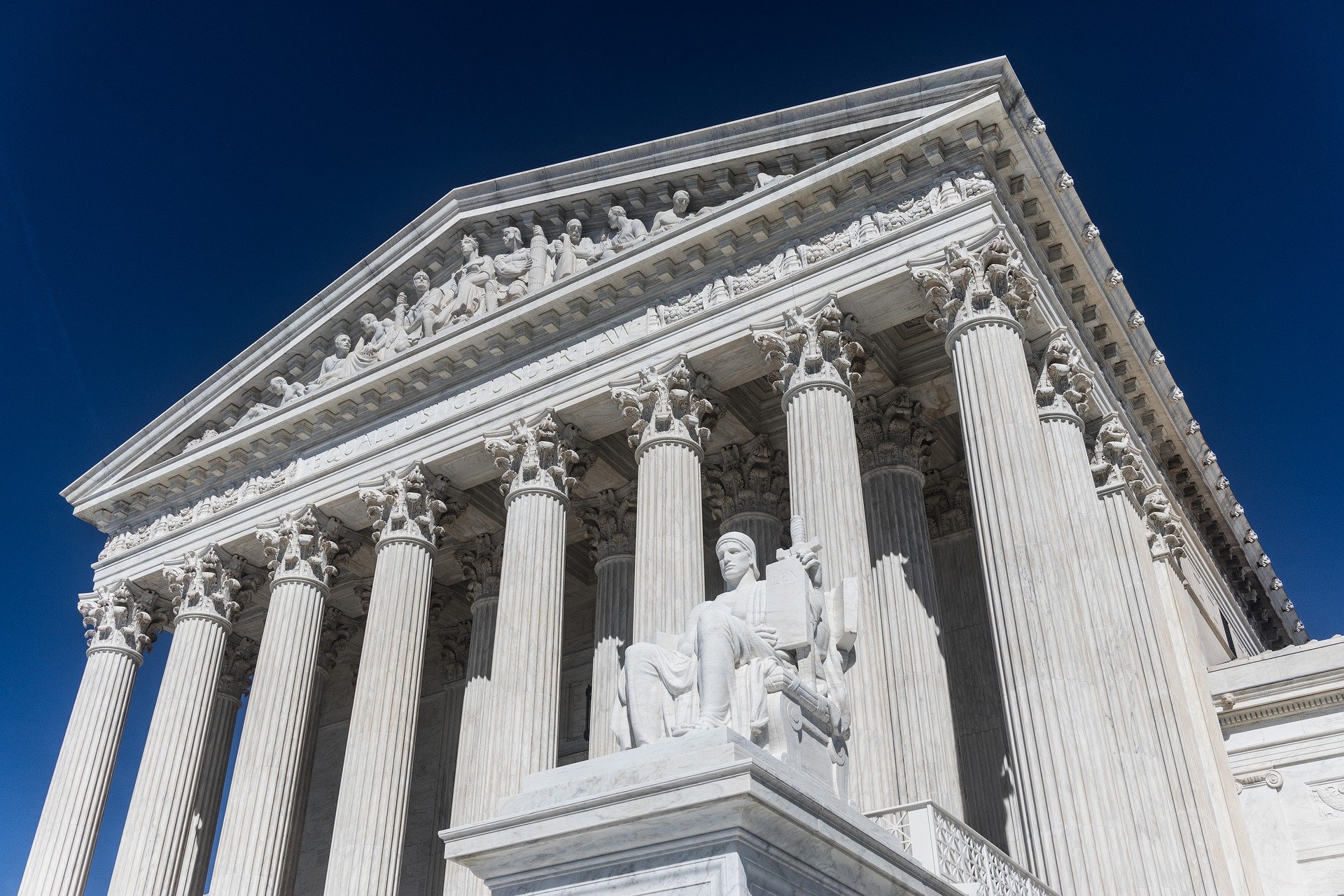Using SCOTUS Cases to Teach Inclusive History

The Inclusive American History Commission Report published in 2022 by the Illinois State Board of Education, states that:
An inclusive American history should embrace multifaceted lenses and perspectives. Current Illinois statute mandates the inclusion of African-Americans, Asian-Americans, Latinx, LGBTQ+ people, Americans of different faith practices, women, and people with disabilities. The commission fully expects that the perspectives and experiences of these groups should be considered alongside those of other ethnic and cultural groups not currently listed in mandate in the study of social sciences across the State of Illinois. (p 8)
This week, the Illinois Civics Hub hosted the ABA Division of Public Education to explore how Supreme Court of the United States (SCOTUS) cases can help classrooms teach a more inclusive history. Why use SCOTUS cases to teach inclusive history? Catherine Hawke and Tiffany Middleton from the ABA explained:
- Individual people, as litigants, are asserting their identities, beliefs, and lived experiences as members of “we the people” in American society.
- For many individuals, particularly those who often face exclusion and discrimination, the court system may be the best place (sometimes only) place for them to challenge actions that prevent them from fulfilling their American dreams.
- The court provides a place to challenge the actions of other individuals or organizations, federal law, state laws, and state constitutions, and to ensure our rights are fully protected under the federal constitution. The court provides the guardrails for American society, including many moments throughout our shared history, providing limitations and ceilings.
- The individuals, through their experiences, are often inherent advocates for a more inclusive society. They are not elected officials or lawmakers, or intentional community organizers, but “regular people” trying to live authentically.
- It is a powerful lens through which to consider the Supreme Court and our shared humanity.
The ABA walked participants through several SCOTUS cases throughout history to address the Illinois State History Mandates concerning the:
- Inclusive Curriculum Law (LGBTQ History)
- Teaching Equitable Asian American Community History (T.E.A.A.C.H. Act)
- Contributions of various faith traditions to U.S. History.
The ABA also provided several quick tips and resources for teachers to create their own inquiries around inclusive history using SCOTUS cases. If you missed the webinar, you can access a recording on the Illinois Civics Hub Webinar Archive.
The theme of teaching inclusive history will be revisited next month as we welcome the Retro Report for a webinar on March 15th at 3:30 p.m. CT in which participants will learn how to Start With Story: Inclusive History From Those Who Lived It: For information on this and other professional development opportunities, visit the ICH website and subscribe to our monthly newsletter.
